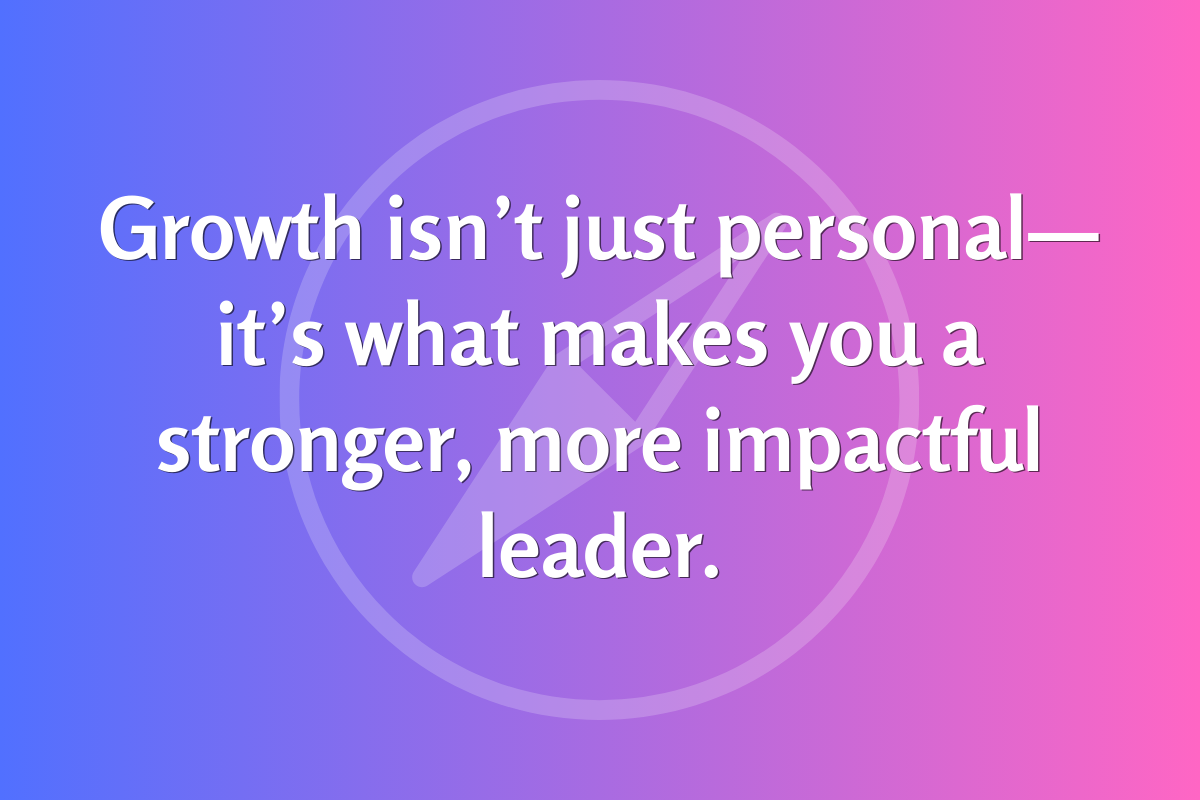Your Understanding of the Meaning of Failure Could Be the Reason for Unrealized Goals and Dreams

Success & Failure, Part I — Without a clear understanding of the meaning of “failing” you might feel like a failure.
What’s your single biggest failure in life?
What a horrible way to start an article! It’s like a punch to the gut if you’ve ever failed big and hard at some point in your life. Now, work with me for a moment because my intention is not to make you feel bad. But we do need to start with the dark before we can see why it’s also a part of the light.
Think about my opening question: What’s been your single biggest failure in life? How did that failure make you feel? How does it make you feel thinking about it now? Why do you associate that event as a failure?
I invite you to write what you’re thinking and feelings before moving on to read the rest of this article. It might be helpful to review what you are feeling now through a new perspective.
Listen to the expanded version on the Think Queerly Podcast:
I thought I was going to get my Ph.D. and become a rockstar professor.
During my fourth year of university, I applied to study abroad in Germany for the second year of my Master’s. I was awarded a full scholarship that covered all my expenses (flight, residence, a daily stipend, and tuition) for a year abroad from 1992–1993. My thesis proposal would today be considered early queer theory — before that term had become academic.
I never completed my Master’s degree because my original thesis topic was too challenging, and I realized couldn’t prove it. While abroad, I changed my thesis topic to something safer and more realistic. When I returned home, I changed my topic a third and final time, assembled a new bibliography, and wrote a draft introduction and writing outline.
Three semesters later, I finally quit the Master’s program. Standing in the hallway of the German Department at Carleton University in Ottawa on the 13th floor, my advisor, and mentor, Jutta Goheen, told me it was okay to stop. She told me I shouldn’t be doing this work if I was only trying to please her and that withdrawing wouldn’t make me a failure. While this was a relief to hear from someone I admired, respected, and idolized, from someone who believed in me and supported me, I felt like a loser. For a long time after I withdrew, I believed the reason I couldn’t finish was that I wasn’t smart enough.
During that two-and-a-half-year period of living abroad, and then trying to write the third iteration of my thesis after returning from Germany and finally withdrawing, I suffered a mild depression. My relationship with my partner declined and ended horrifically because I felt undeserving of self-love, let alone love from others.
That period of my life was a significant blow to my ego and self-esteem. I barely graduated high school, took two years off to travel and work, and then spent eight years in higher education proving to myself that I was smart enough. When I withdrew from my Master’s, I felt like the ultimate failure because I thought it only proved that I wasn’t smart enough after all.
Musings on an emotionally loaded word: FAILURE.
Consider some definitions of the word, failure:
- An act or instance of failing or proving unsuccessful; lack of success
- Nonperformance of something due, required, or expected
- A subnormal quantity or quality; an insufficiency
- Deterioration or decay, especially of vigor, strength, etc.
- A person or thing that proves unsuccessful
Musing #1 — There are many meanings of failure that have nothing to do with personal accomplishment. For example, the term ‘heart failure’ has nothing to do with your worth as a person or your ability to be successful in life.
Musing #2 — Is failure really a lack of success? I don’t think so. Success is a process. Life is a process. Schooling is a process. Getting a job is a process. Relationships are a process.
Failure relates to something that didn’t work out as planned. Failure is an end-point. Failing is about decline, a defect, or a fault. But why don’t we recognize the value and importance of every other part of life in which we were successful, without which there would be no “compliment” or opposite in the form of “failure?” Failure has been oddly elevated and is almost deliciously celebrated in our culture to tear down another person’s value, ability, and measure of success and accomplishment. Is it any wonder that failure is so negatively impactful?
Failure Is a Misunderstood and Misapplied Word.
Here’s how I define the meaning of failure, influenced by my understanding of neuroscience, and in my work as a coach helping my clients create more predictions and responses to deal with stressful and challenging situations.
Failure is the decision to give up, made while under stress, threat, or fear; or because you don’t believe in your ability to accomplish your goal.
How many times have you asked yourself of any goal or dream, “But what if I fail?” The question itself is stress-inducing, enough so that some will decide it’s better for them to give up instead of trying.
In the case of my story, you see the amount of emotional insecurity I was suffering. Certainly, I made the decision to withdraw from my Master’s under stress, threat, and the fear that I wasn’t smart enough. The question is, was that a bad decision — was that failure?
What if we replaced the word failure with something else?
We sometimes apply failure as a critique of one’s inability to accomplish a goal, dream, project, or even something as mundane as your daily chores that didn’t work out as planned.
Some tasks are simple and singular, like flossing your teeth. If you don’t floss one day, does that make you a failure? Projects, goals, and dreams are a collection of many tasks completed over time to varying degrees of success. Once you complete all the tasks, you accomplish your goal — again to varying degrees of success.
Any task or action that doesn’t work out as planned could be called a ‘missed-take.’
Think of a “clapper board” on a movie set with details like the scene name and the take number. The scene you watch in the finished movie could be 30 seconds long, but the director may have called for 10 or 20 takes of that one scene until they got it right. The takes that the director discards could be called ‘missed-takes.’

The general of is mistake (as a noun) is, “an error in action.” Conjugated as a verb (for emphasis, I have used hyphens), we have: mis-took, mis-taken, mis-taking. The etymology of mistake comes from the suffix mis- (badly, wrongly) + take. The broad meaning of making a mistake is an error in some sense.
Not accomplishing a goal shouldn’t be considered a mistake. It’s not logical to equate not accomplishing something with being wrong. Yet, understanding the meaning and origin of the word mistake can help us see the usefulness of reframing failure as a missed action — as a missed-take.
Your dreams and goals: How many “missed-takes” have you experienced?
To successfully accomplish a big goal, you need to act with intention. This will fuel your emotional drives (your motivation) that empower your commitment to do the work — even when things are challenging. As you move ever closer to the successful completion of a goal, your actions leave tracks.
To make a movie, the director films a number of takes before completing each individual scene before the next one. Likewise, when working on a large project or goal, we accomplish a number of smaller, individual goals along the way that confirms we are on track and making progress. With the successful completion and accumulation of these smaller goals, we develop confidence and strengthen our emotional commitment that we will succeed. As long as you act, you are not a failure.
Think of mis-takes like the sport of archery. The arrow is the action potential or your intention. You won’t hit the target or the bullseye every time. You have to hold the bow, pull back the string, focus on the target, and to the best of your ability release the arrow. Sometimes you miss, which is a simple mis-take. When the arrow lands inside the bullseye, not only have you hit the target, but you have accomplished that goal.
We must repeatedly miss targets to improve our skill at accomplishment — for all things in life.
Failure Versus Choosing Not to Act.
Remember my definition,
Failure is the decision to give up, made while under stress, threat, or fear; or because you don’t believe in your ability to accomplish your goal.
Sometimes we make the choice to stop doing something that’s no longer serving us. That’s a form of success because you are releasing what’s holding you back from becoming more skillful in life. You have come to the realization that you no longer want or need to accomplish that goal.
Success as a measurement is a process of acting towards an intended outcome, but failure is a moment. Failure is not a process.
Success requires many mis-takes along the path to solving a problem. Mistakes, as well as missed-takes, are part of the process in the pursuit of realizing a goal — another way of saying, solving a problem or challenge.
A Personal Failure Is a Form of Overwhelm in the Form of Fear or Threat.
Failure is not a lack of competence. As I’ve explained, failure is the decision to give up made while under stress. When this happens, and you can’t see a way forward, your emotional response is to stop acting on your goal and to protect yourself from further stress.
The strategy for overwhelm is to step back and assess.
When you feel like quitting your goal, assess what you have accomplished so far. How successful has your progress been to date? Then, reassess your action plan or strategy with an eye to reducing what’s stressing you out and causing you anxiety. Often we find that the steps are too big, too complex, or that we haven’t allocated enough time. Finally, get into alignment with the emotional drivers that will increase your motivation to keep going. Only then will you be able to take the next successive, smaller, and more certain step.
Epilogue
There’s no one right answer. When I look back on my decision to leave my Master’s, it will always be with a heavy heart. It was a challenging time on more levels than I have the space to share here. But did I make the right decision, given the amount of stress I was feeling at the time? Did withdrawing make me a failure in the way I’ve defined it above?
Yes, I failed to complete my Master’s within the definition of “nonperformance of something due.” To have been granted a Master’s degree, I would have had to submit my work for approval. And no, within the emotionally laden definition of “a person or thing that proves unsuccessful.” The 6+ years I spent at University, the four years as an undergraduate leading to the Master’s program, and the annual accolades and scholarships I was awarded are all testaments to my success — and my cognitive ability.
Who I am today, is the successful accumulation of all that I have experienced. None of my experiences were ever once a failure in any of the limiting definitions discussed. I acted with the best of intentions. That alone does not make me a failure.





Member discussion